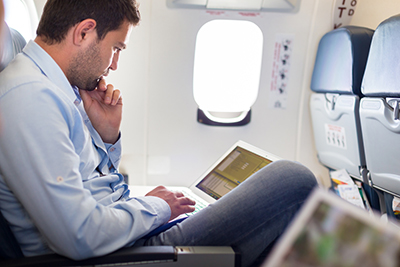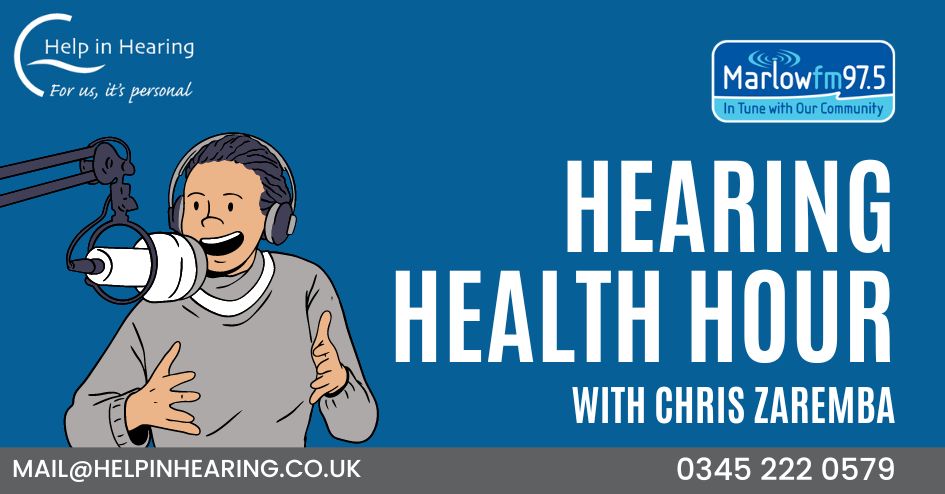
Tips for Travelling with Hearing Loss
You may travel for work, you may travel for pleasure – either way the chances are you will be planning a trip over the summer this year. But travelling with hearing loss presents its very own challenges, which can make for an interesting adventure! Here are some tips for travelling with hearing loss.
By Plane…

- When booking a flight, download the airline’s app if they have one to be kept up-to-date with any flight changes, or sign up for alerts via text or email. If someone else books the flight for you, follow up with the airline to ensure you receive updated information by phone or email. Try to book a seat up front where the flight crew can find you easily and communicate with you if needed.
- Notify the flight staff and flight crew of your communication needs and ask them to let you know if there are any travel changes.
- Leave your hearing technology in place. Hearing aids and cochlear implants do not have to be removed before going through airport scanners.
- Airlines prohibit deaf and hard of hearing persons from sitting in exit row seats for safety reasons.
Tips for Travelling by Bus or Train

- Tell a fellow traveller or an attendant that you have hearing loss so that you don’t miss any safety announcements.
- Use bus or train timetables to track your stops or you can use apps like Trainline or GWR (Great Western Railways)
- Print out details of your journey in advance so you know where to stop and calculate travel times between stops
- Try to position yourself in view of the digital displays on board, this way you will see any messages and upcoming stops
Tips for staying in a hotel or resort

- Some hotels have a visual signal alert for the doors and alarm clock. Ask for details of these at the front desk or when you make your reservations.
- Many hotels use universal remotes with the one-click “CC” closed-captioning button. No more having to go through five menu screens to turn on the captioning!
- If you’re travelling without an alarm clock you can use the alarm clock on your mobile and set it to vibrate.
- If you’re travelling internationally, you will need an outlet converter to charge your rechargeable batteries for your implant or hearing aids, or to plug in your electronic devices.
- Ask at reception what adjustments they can make for your hearing loss, for example printed information and itineraries or maps.
If you have any other tips for travelling with hearing loss, we’d love to hear them, just send them to mail@helpinhearing.co.uk
If you’d like to discuss hearing loss, either your own or a friend or loved one, please contact us.


This Post Has 0 Comments